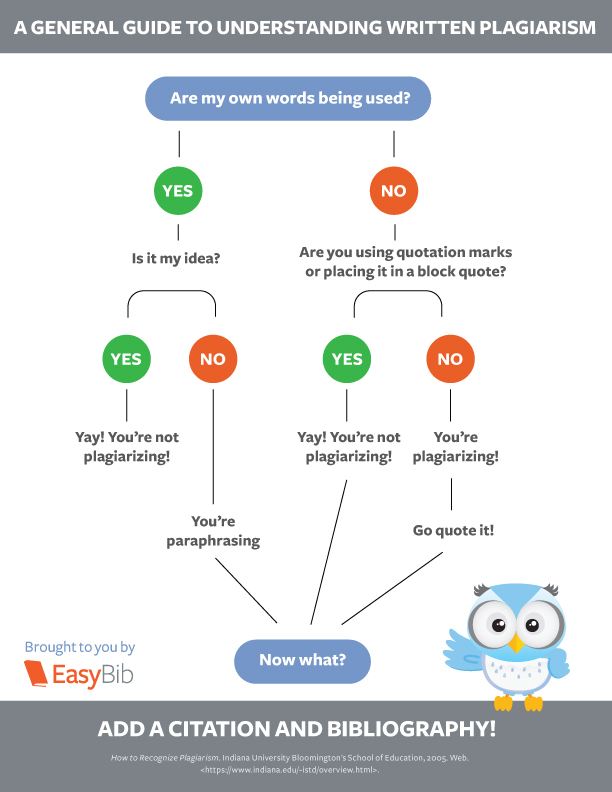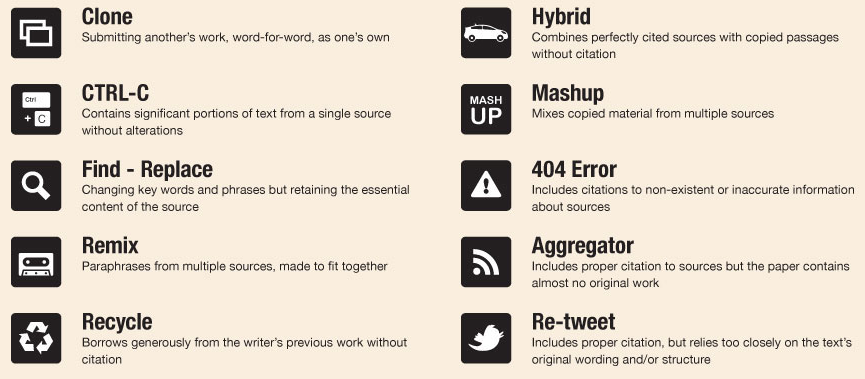
A direct quote "[m]ust be identical to the original, using a narrow segment of the source. They must match the source document word for word and must be attributed to the original author."¹
¹Purdue University Online Writing Lab. (2016). Quoting, Paraphrasing, and Summarizing.
A Summary "involves using your own words and writing style to express another author's ideas. Unlike the paraphrase, which present important details, the summary presents only the most important ideas of the passage."²
²University of Houston-Victoria Student Success Center. (n.d.). Decide when to Quote, Paraphrase and Summarize.
A paraphrase is "your own rendition of essential information and ideas expressed by someone else, presented in a new form."³
³Purdue University Online Writing Lab. (2016). Quoting, Paraphrasing, and Summarizing.

